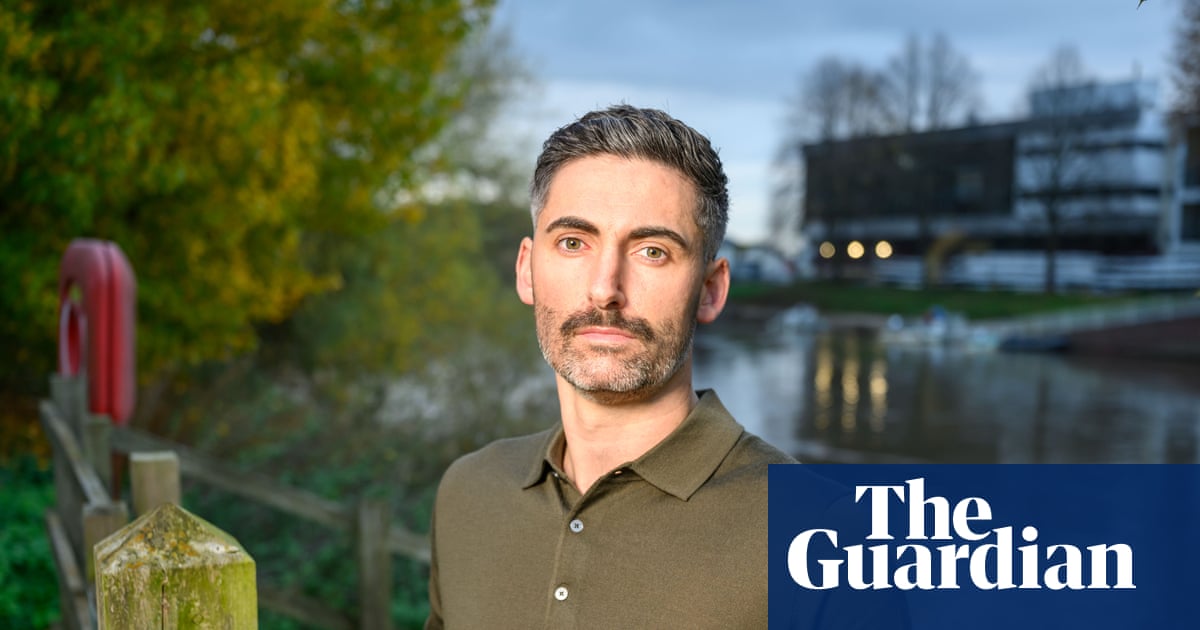
"It was early morning on 1 January last year when Colin McGarva dived into a flooding river in Worcester to rescue an unconscious woman. McGarva said he didn't think twice about the risk to himself, or the devastating loss his newborn son would suffer had he too been swept away by the fast-flowing icy waters. I didn't stop to think because the instinct the instant reaction is to help someone in need, he said."
"The concept of heroism was widely discussed last week after the mass stabbing attack on a high-speed train from Doncaster to London. While initial reports told of panic and confusion as passengers some wounded and bloodied ran through the carriages, stories of heroism soon emerged. Samir Zitouni, an LNER employee, was the most high-profile. Taken to hospital after putting himself in the line of danger to save passengers' lives, he was hailed by police and the transport secretary for bravery beyond measure."
People are more likely than not to act with selfless heroism during acute threats, often prioritising others' lives over personal risk. Colin McGarva dived into a flooding river in Worcester on 1 January to rescue an unconscious woman, accepting danger to himself and potential loss to his newborn son. A mass stabbing on a high-speed train from Doncaster to London produced accounts of panic but also of heroic intervention, notably by LNER employee Samir Zitouni, who was hospitalised after helping to save passengers. Past incidents such as the 7/7 underground attacks, the 1999 Admiral Duncan pub bombing, and the 2015 Leytonstone tube attack showed spontaneous coordination and mutual aid among survivors.
Read at www.theguardian.com
Unable to calculate read time
Collection
[
|
...
]